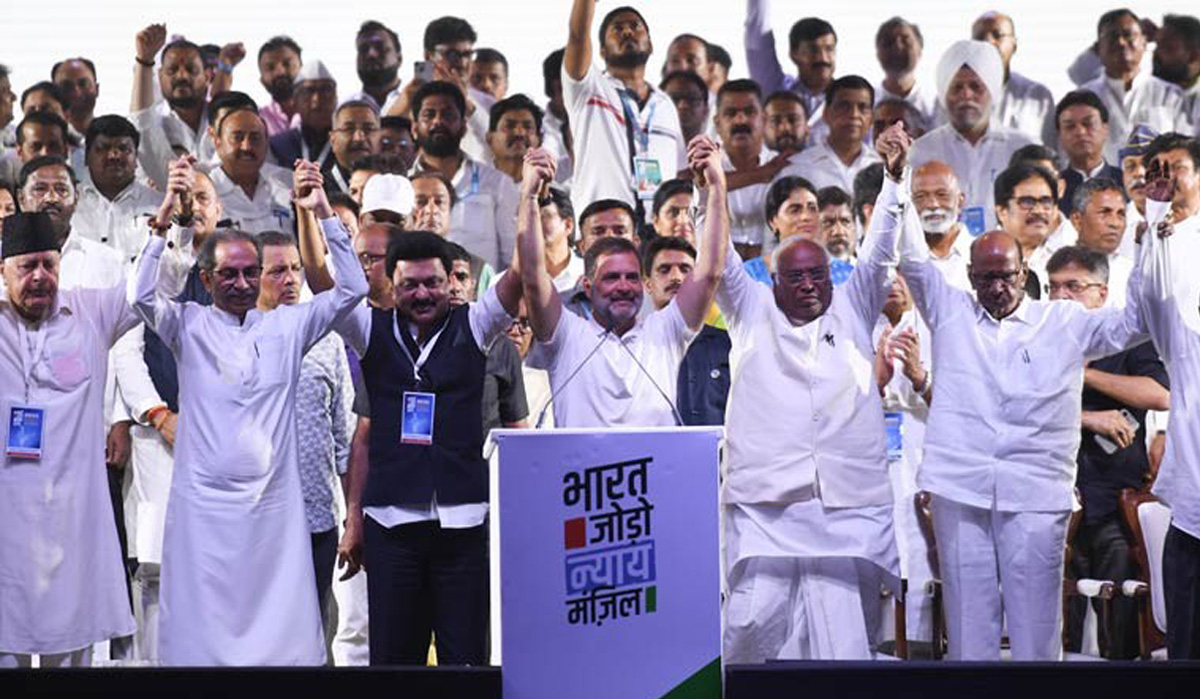The Supreme Court's judgment empowering the states to carry out sub-classification of Scheduled Castes for the purpose of reservation is expected to have ramifications for the demand to conduct caste census and for the issue of sub-categorisation of the Other Backward Castes.
As it empowered the states to carry out a sub-classification of the SCs, the Supreme Court laid down the ground rules for the exercise. It said the sub-categorisation must be based on quantifiable and demonstrable data on the levels of socio-economic backwardness, and representation in government services and educational institutions. The court clearly said the exercise cannot be based on whims or as a matter of political expediency.
The court's emphasis on gathering quantifiable and demonstrable data on the levels of socio-economic backwardness, as also its stress on representation in government services and educational institutions as a measure of a community's backwardness is expected to provide a boost to the demand for a caste census. Caste census figured among the topmost issues raised by the opposition parties in the Lok Sabha elections. The opposition parties feel that the social justice plank can be a counter to the right-wing politics of the ruling Bharatiya Janata Party.
A key reason mentioned by the opposition for demanding a socio-economic survey of the castes as part of the census exercise is the under-representation of the backward castes in the various institutions, especially in the governance structure.
While this bit about the Supreme Court's judgment – the emphasis on gathering quantifiable and demonstrable data on the levels of socio-economic backwardness as also its stress on representation in government services and educational institutions – has come as music to the ears of the opposition parties, the other part about sub-classification of the castes is expected to be a politically vexed issue.
The Modi government spoke in support of the sub-categorisation of SCs and STs during the hearings in the Supreme Court. The ruling BJP has also been in favour of sub-classification of the OBCs. The party has made an effort to enhance its support amongst non-dominant SCs and OBCs. Over the years, the party's success in Uttar Pradesh has been attributed to its growing acceptance amongst non-Jatav Dalits and non-Yadav OBCs.
The BJP-led Centre had in 2017 set up the Rohini Commission, headed by Justice G. Rohini, former Chief Justice of the Delhi High Court, to recommend ways to ensure a more equitable distribution of reservation benefits amongst the OBCs. Given the politically sensitive nature of the subject, the government has failed to so far make any movement in terms of implementing the Rohini Commission's report, which was submitted to President Draupadi Murmu on July 31, 2023.
While majority of the opposition parties and some amongst the ruling National Democratic Alliance have been demanding a caste census, not all of them are on the same page with regard to the sub-categorisation of either the SCs or the OBCs. It is felt that the sub-classification could lead to division in the support base of the parties which count either the Dalits or the OBCs as their main vote bank.



